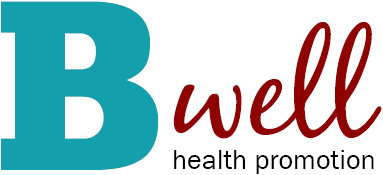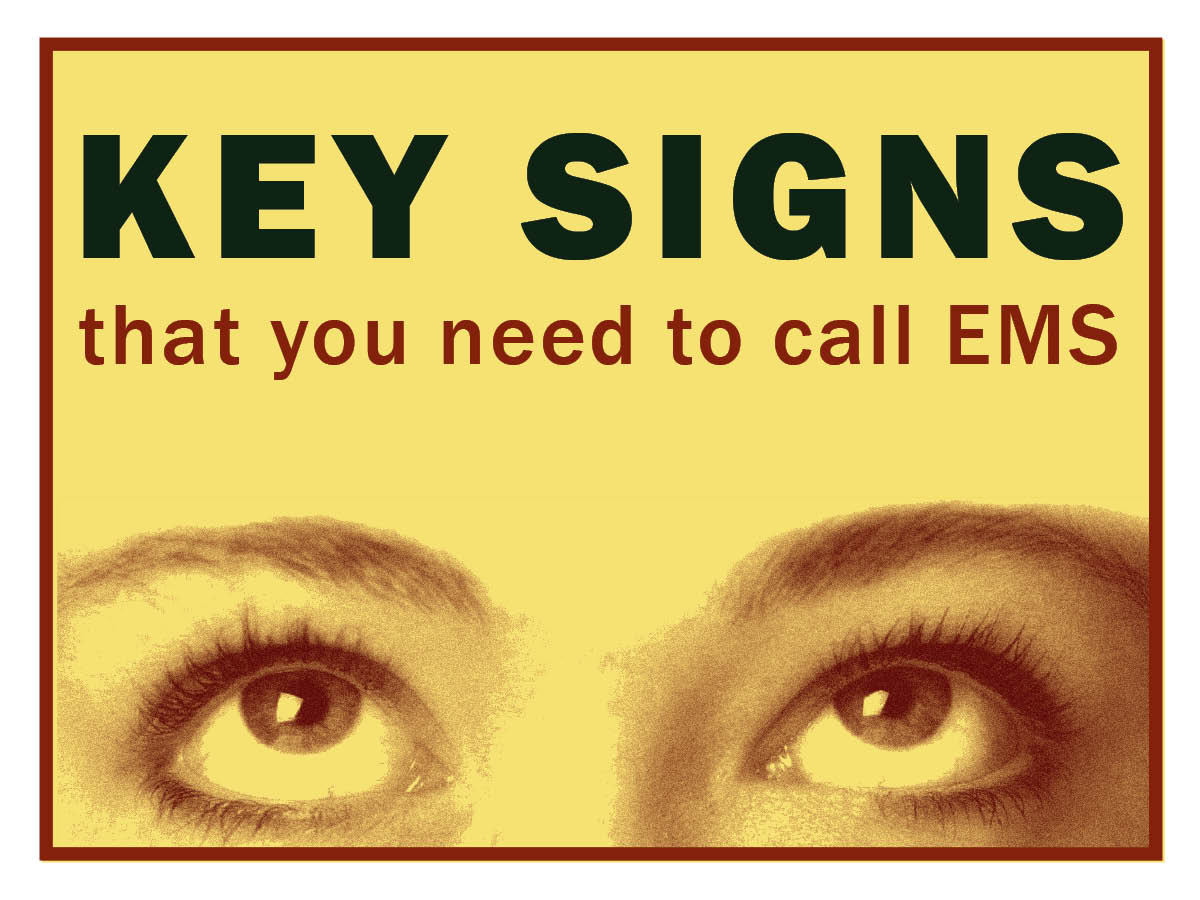Does drinking alcohol block your ability to have an orgasm? People often say that a cocktail or a glass of wine helps them to relax or even feel a little sexier. But does it actually result in better sex? Probably not.

Alcohol
Sex and Alcohol
Is alcohol an aphrodisiac?
Alcohol has the reputation of being an aphrodisiac. One or two drinks (depending on your weight, gender and other factors) can act as a social lubricant. Studies have shown that alcohol can enable some people to overcome sexual inhibitions or anxieties.
It's important to understand what constitutes one drink and how other factors such as weight and gender affect each individual. This page explains those factors and can help you understand a safe level of alcohol use for you.
What is the impact of alcohol on physical arousal?
Let's take a look at what happens to our bodies when we drink alcohol.
Alcohol is a central nervous system depressant. Alcohol acts by inhibiting parts of the central nervous system important for sexual arousal and orgasm -- respiration, circulation and sensitivity of nerve endings.
Alcohol dehydrates the body. Sexual arousal needs a certain amount of blood to bring oxygen and greater sensation to the genitals.
Alcohol can make getting an erection more difficult. Large amounts of alcohol (or long-term) consumption has been associated with problems getting erections. Dehydration with drinking causes less blood volume and a rise in angiotensin, the hormone associated with erectile dysfunction. Alcohol's inhibition of the central nervous system also contributes to the problem.
Alcohol can cause vaginal dryness. The dehydration common when drinking alcohol can contribute to fatigue, headaches and vaginal dryness.
Alcohol can delay or prevent orgasm. In 2004, a study found 11% of alcohol users were likely to have problems reaching orgasm. The men had difficulty ejaculating while the women needed much more stimulation to have an orgasm than women who had little or nothing to drink.
Are there positive impacts of alcohol on arousal?
Some researchers recommend alcohol as a treatment to control ejaculation timing. While alcohol may be a temporary solution for some, there are more effective and permanent treatments for premature ejaculation. Visit our premature ejaculation page for more information.
People who are tipsy or drunk have more difficulty physically reaching orgasm, but some do report feeling more pleasure subjectively. This may be attributable to relaxed social feelings and inhibitions. Click here to learn more about orgasm.
What level of drinking is best for my sex life?
If you want to have good sex for tonight and for years to come, not drinking alcohol at all or consuming no more than 1 to 2 drinks a night will allow you to enjoy sex without the negative physiological impacts discussed above. If you do drink, exchange a second or third alcoholic drink for a glass of water to combat the effects of dehydration and you and your sexual partner(s) will benefit.
What if I'm concerned about my alcohol use?
If you are a Brown student and you are concerned about your own use of alcohol or other drugs or a friend's use, you can have a free, confidential appointment at Health Promotion, 401.863-2794. Our focus is harm reduction, not abstinence, and we will work with you on the changes you choose to make. Located on the third floor of Health Services.
What about alcohol and consent?
Many people have questions about the dynamics of consent when they, and/or their partners, have been drinking or using drugs. To learn more about this topic, please visit our substances and consent page.
Related Links
College Drinking: Changing the Culture
Click on the section for students to find out about myths and facts, take an interactive tour of the flow of alcohol through the body or learn about alcohol poisoning. You can use the Calorie Counter to learn about the number of calories in different drinks and you can send an eCard to someone who's drinking worries you.
The Blood Alcohol Calculator
Learn how gender, body weight, food and how fast you drink can affect your blood alcohol concentration. This is an interactive tool that shows you how much alcohol is in different drinks and how your BAC would compare to male and female friends.
Online Alcohol Screening
This anonymous survey gives you feedback about the likely risks of your alcohol use.






